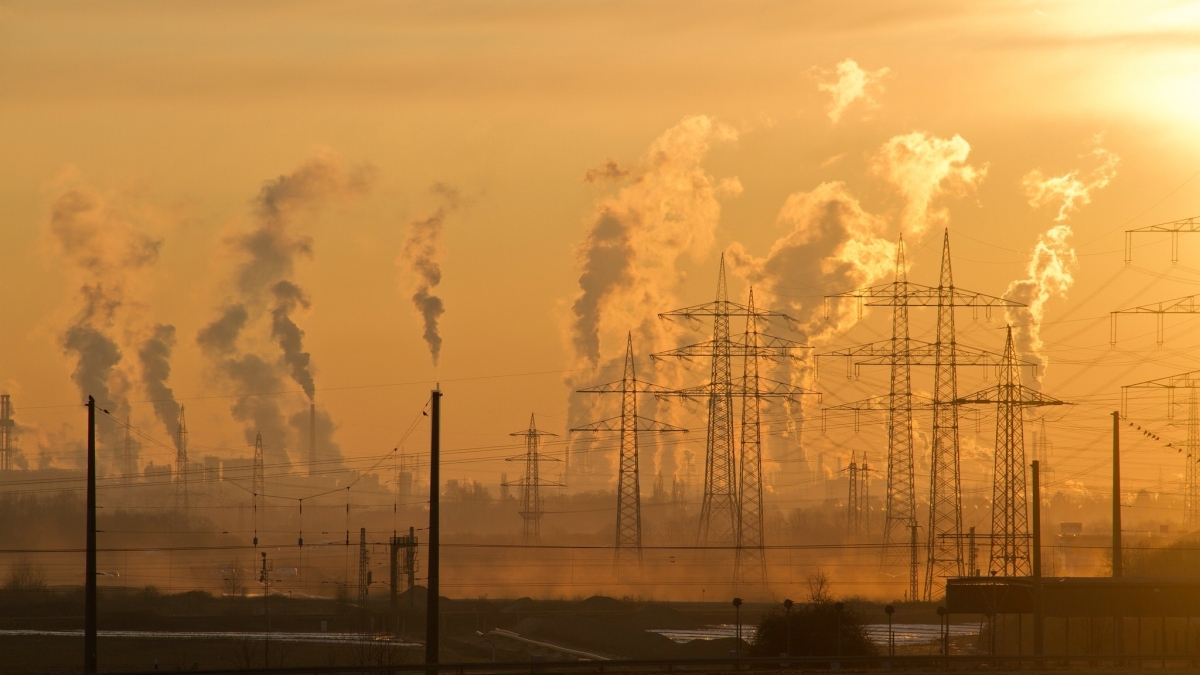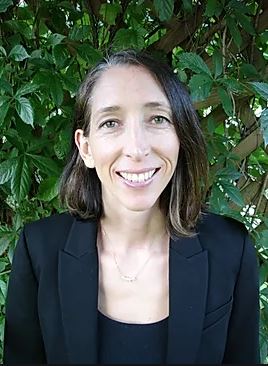Climate change, the apocalypse and skepticism

Photo courtesy of pexels.com
Since the 1960s, evangelicals have increasingly pushed back against what they see as the marginalization of Christianity from public life. It is then not surprising that when a group of pro-environmental evangelical leaders began a campaign calling for action against climate change in the mid-2000s, leaders and pundits associated with the Christian right countered the movement with a campaign on their own, portraying climate activists as allies of the "secular elites," whom they long blamed for American Christianity's decline.
On Feb. 6, Arizona State University's School of Historical, Philosophical and Religious Studies and the Center for the Study of Religion and Conflict are hosting an event titled, “Who, What, Where, Why and When? Understanding the Religious and Political Origins of Evangelical Climate Change Skepticism.” This lecture, featuring Robin Veldman from Texas A&M will explore these issues by engaging this pressing question: What are the factors that shape evangelical understandings of and attitudes toward climate change?
Veldman, an interdisciplinary environmental studies scholar, examines how religious beliefs and cultural identity shape attitudes toward nature. Her recent research addresses why evangelical Christians are the most skeptical major religious group in America regarding climate change.
"Since climate change was a top environmental concern when I started doing my research, I decided to focus on evangelical attitudes towards the issue — specifically whether or not their faith that Jesus would soon return influenced the high levels of climate skepticism reported in surveys,” Veldman said. “I found that rather than end-time beliefs, it was evangelicals' sense of embattlement with secular culture that shaped their attitudes toward the environment most powerfully.
“Most people think evangelicals' lower levels of environmental concern is a matter of politics or theology,” Veldman said. “I argue that it's better understood as an outcome of history and identity.”
Robin Veldman
With popular opinion divided, climate change has been at the forefront of many discussions and has become a hot-button issue in politics as well. Moreover, as climate change continues to gain greater public attention, it becomes all the more important to understand the perspectives of those who remain skeptical.
“In the U.S., activists have been pushing for regulations to limit greenhouse gas emissions for decades,” Veldman said. “However, beginning in the 2000s, we've started to see skepticism increase even as the science has become more settled. Understanding skepticism is important because it helps us make sense of inaction, and hopefully will also help us find a way to address this challenge.”
A new initiative at ASU — “Apocalypticism, Climate Change and the American Imagination” — is also seeking ways to address the challenge of climate change.
This project, a partnership between the Center for the Study of Religion and Conflict, the Global Futures Laboratory and the Narrative Storytelling Initiative, looks at how a variety of sources — scientific publications, government reports, popular entertainment, the media — frame climate change through an apocalyptic narrative, portraying it as an impending global environmental cataclysm and social collapse. Those involved in the initiative engage with texts and other media to help gain an understanding of the role apocalyptic thinking plays in shaping Americans' imaginings and experiences of disruptive social change.
“Dr. Veldman's work resonates with many initiatives here at ASU,” said Evan Berry, assistant professor of environmental humanities at the School of Historical, Philosophical and Religious Studies. “Our undergraduate curriculum is structured around the interaction of ‘religion, culture and public life,’ which is very much the frame within which her scholarship operates. Additionally, her book examines the claim that evangelical Christians in the U.S. welcome climate change because it fits with their beliefs about the ‘End Times.’ This is a key question for the Apocalypticism, Climate Change and the American Imagination seminar participants.”
While there are many barriers to developing more environmentally conscientious policies, climate skepticism poses a significant one. Understanding the foundation of this skepticism is a key factor to increasing the forward momentum of policy change.
“Not enough is being done to avert climate catastrophe,” Berry said. “And it is difficult to talk about the culpability for environmental degradation in ways that do not lead to paralysis.”
“We need ways of speaking about climate change that attend to the experiences of different communities with nuance and sophistication, stories that enable action and imagine desirable futures,” Berry said. “Both Dr. Veldman's work and the scholarship being produced by the Apocalypticism, Climate Change, and the American Imagination initiative do this.”
These important conversations surrounding religion and climate change are just the beginning of the Apocalypticism, Climate Change and the American Imagination initiative as speakers like Veldman continue to contribute new, interesting points of view to the discussion.
“My work provides a concrete case study of the religious media’s power to shape opinions in politically consequential ways,” Veldman said. “In discussions about environmental issues, religion often gets sidelined or treated in simplistic terms. I show why it's important to pay attention to religion and to do so in a theoretically sophisticated manner.”
You can attend Veldman’s talk at noon Feb. 6 in the West Hall, room 135, on the ASU Tempe campus. For more details, visit the event page.
More Law, journalism and politics

Exhibit uses rare memorabilia to illustrate evolution of US presidential campaigns
After one of the most contentious elections in history, a new museum exhibit offers a historical perspective on the centuries-old…

TechTainment conference explores the crossroads of law, technology, entertainment
What protections do writers, actors, producers and others have from AI? Will changing laws around name, image and likeness (…

How to watch an election
Every election night, adrenaline pumps through newsrooms across the country as journalists take the pulse of democracy. We…
